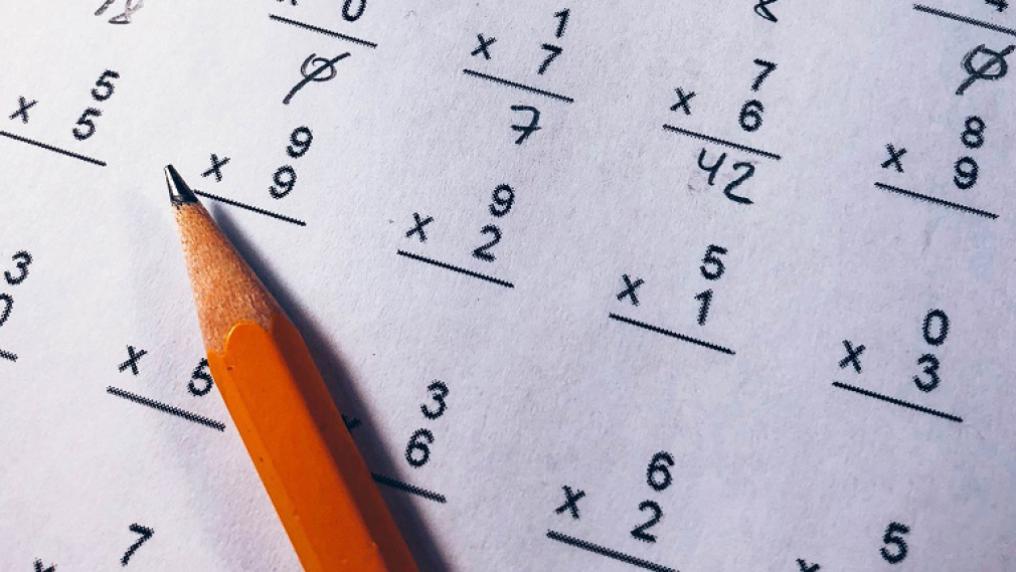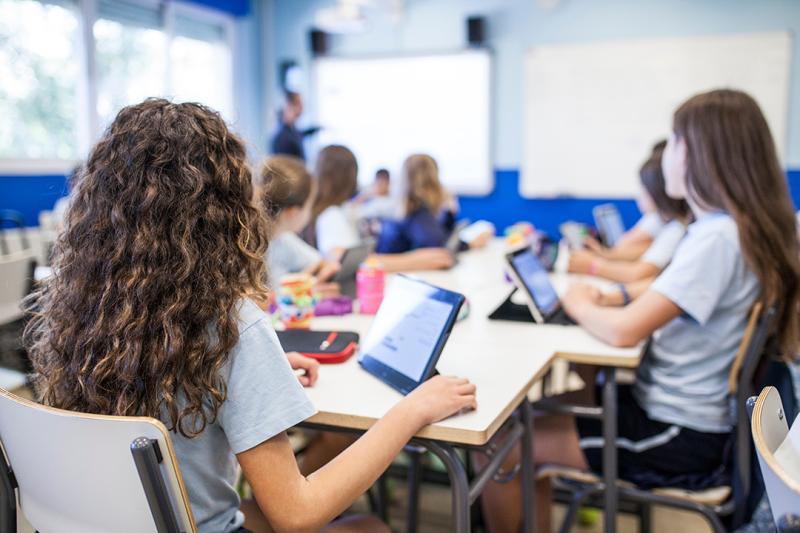Education data: Harnessing the potential

There are too many questions in education that remain unanswered. This is holding us back from providing meaningful educational opportunities for all young people. Better education data would help address critical knowledge gaps that contribute to young people missing out across the system.
This paper finds that harnessing data potential requires improving the quality and consistency of collections, streamlining data linkage, addressing information gaps and building better ways to analyse, share and use data.
The most critical gaps are:
- Our inability to track students throughout their educational journeys – to analyse pathways from early education, through primary and secondary school, onto tertiary education and into employment. Understanding those pathways is crucial for the quarter of students missing out, and for re-designing our education system so it meets the needs of all young people.
- Insufficient information about non-academic drivers and outcomes – to better understand the social determinants of educational outcomes and to ensure policy and practice gives equal priority to the broader range of capabilities and skills that young people need to gain through education.
Our four core recommendations to improve education data stem from early childhood to tertiary education. They include
- A National Early Childhood Data Strategy that progressively strengthens the quality and consistency of administrative data, accelerating data linkage, addresses knowledge gaps through a policy-relevant research agenda, and a coordinating agency to drive data analysis, dissemination and use.
- A tertiary education dataset that integrates university and vocational education sectors, and tracks pathways into and out of tertiary education.
- A teacher workforce dataset that addresses current gaps, especially around the impact of initial teacher education.
- The introduction of nationally consistent wellbeing and engagement measures in the middle years (as young people transition from primary to high school), and a plan to begin measuring a broader set of core skills and capabilities, beyond literacy and numeracy.
This paper has been submitted to the Productivity Commission’s Inquiry into the National Education Evidence Base.



